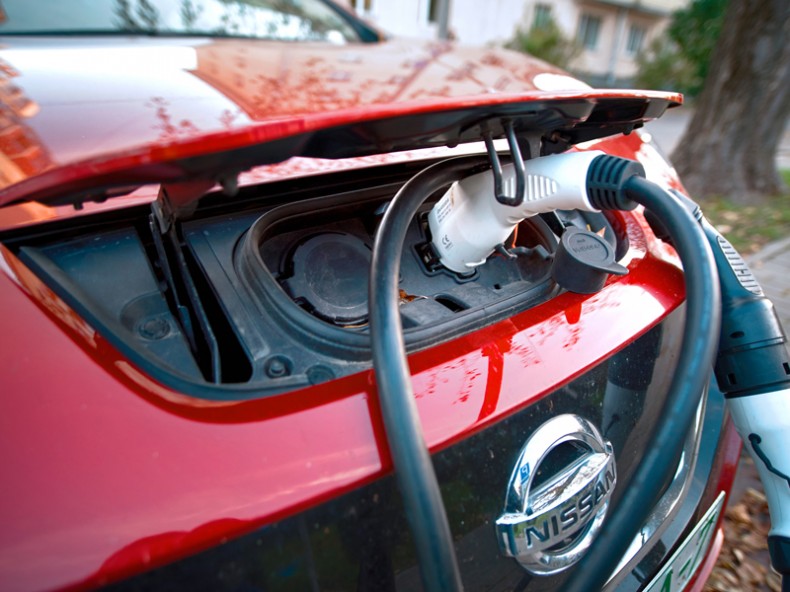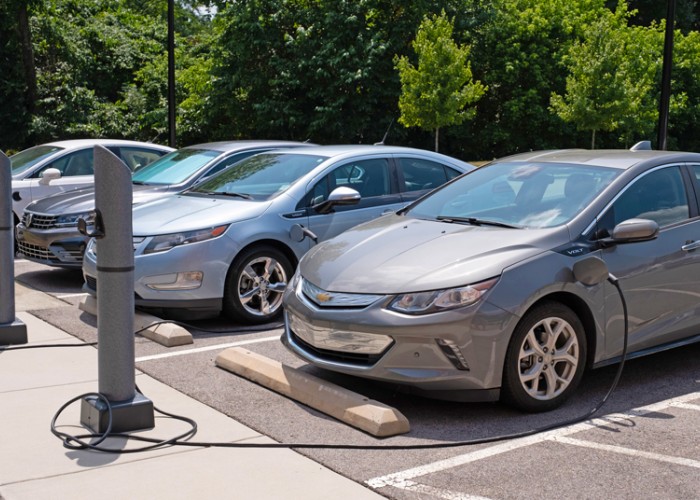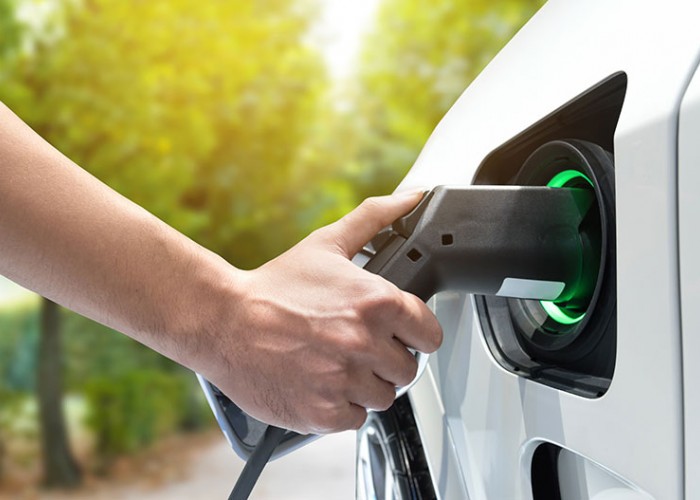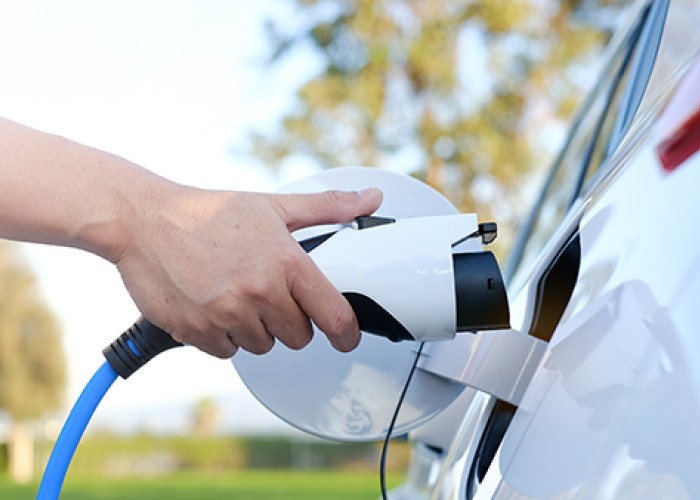What to Consider When Shopping for a Used EV
Big questions about our brighter future
By Jonathan SusserQ: I’m interested in purchasing an electric vehicle, but new models can be hard to come by and aren’t currently in my budget. What do I need to consider when shopping for a used EV?
A: If you’re shopping for a used EV, there are now more options than ever. Here are a few areas to focus on, in addition to the typical used car shopping considerations like vehicle mileage, interior and exterior, and maintenance history.
Battery life and health
The number one concern for used EV shoppers should be the health of the battery. Battery performance will affect an EV’s range, and replacements are not cheap. All EV batteries do degrade over time, but improvements in battery technology and management systems mean that many of the concerns of even a handful of years ago are not as prominent today.
Unfortunately, few EVs provide easy-to-access insight into the condition of the battery. So when checking out a used EV, ask to see its estimated range when fully charged. You can compare that value to the model’s U.S. Environmental Protection Agency-rated range (available at fueleconomy.gov) to get an idea of how the battery has held up. See if the dealership can give you a report on the battery’s health and ask if it’s been replaced (unlikely, but possible).
Today, all EVs come with at least an 8-year/100,000-mile battery warranty, so check on the status of that with any model you’re considering. Read the fine print as well to ensure the warranty transfers to new owners. If you’re uncertain, contact the manufacturer to confirm.
Charging speed
Many EVs on the used market might not offer the range or charging speeds of newer models — the technology has improved significantly even over just the last couple of years. Consider how you’ll be using the car to determine if a lower range is a deal-breaker.
If you are looking for something to take on longer trips, verify that the EVs you’re evaluating include a DC fast charge port. Today, most EVs come with DC fast charging capability by default. But some models, such as the Chevrolet Bolt EV and Nissan LEAF, have had it as an option or only on certain trims. Also, look up what the cars’ max or “acceptance” charging rates are. This is the maximum amount of power they can take while DC fast charging, and it will affect how fast your fast charging will be.
Make sure any vehicle you’re looking at comes with a charging cord, and if you’re buying from a private seller with a home charging station, ask if they’re interested in selling it, as well.
Tax credits and rebates
Previously, used EVs did not qualify for the up-to-$7,500 federal income tax credit; however, the Inflation Reduction Act, signed earlier this year, introduced a tax credit for pre-owned EVs. Beginning Jan. 1, 2023, buyers may be eligible for a credit of up to $4,000 for used EVs that are under $25,000 and at least two years old. Other incentives may also apply. In particular, see if your electric cooperative offers rebates or special electricity rates for EV drivers.
-
Learn more about EV's
-
Share this story:





